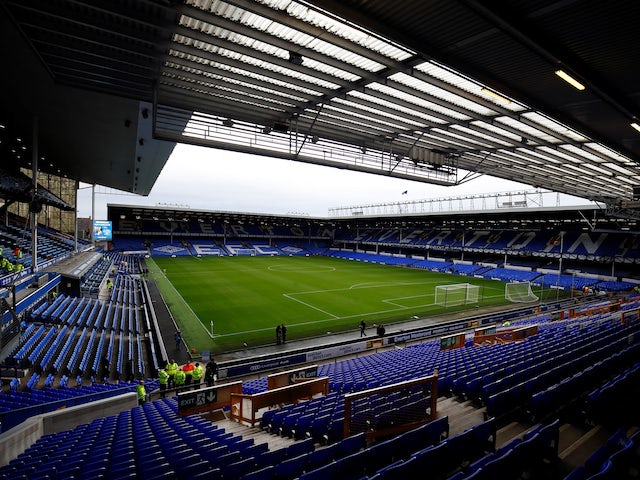Burnley and Leeds United reportedly continued to pursue their £200m compensation claim against Everton's financial losses regardless of who was to be relegated from the Premier League.
In recent weeks, the two teams submitted an official complaint and requested an investigation from the Premier League into Everton's reported losses of £372m in its latest three years of financial accounts.
The league's Financial Fair Play rules stipulate that just £105m can be lost over a three-year period, although these rules were relaxed as a result of the COVID-19 pandemic's impact on football clubs' finances.
The temporary adjustment made it possible for clubs to write off significant amounts of these losses if they were directly related to the pandemic, which Everton argue £170m of their £372m losses were.
However, Burnley and Leeds contested this claim ahead of the final game of the Premier League season, in which Everton had sealed survival just a day earlier, with Burnley being the eventual side to drop to the Championship following a final-day defeat to Newcastle United.
The claims appeared to be as a result of the two clubs' unhappiness at Everton's survival, but football finance expert Kieran Maguire has claimed that the official complaint and investigation request would have taken place regardless of who was relegated to the Championship out of the three teams.
Speaking to Football Insider, Maguire said: "There are some precedents which need to be considered. There was the Carlos Tevez case in 2005. West Ham agreed an out-of-court settlement with Sheffield United. That was nothing to do with FFP because it didn't exist then.
"But we have recently had a settlement between the owners of Derby County and Middlesbrough with regards to FFP breaches.
"You can understand why Burnley and Leeds are doing this. My understanding is that they have decided to pursue this regardless of who got relegated."
Burnley and Leeds are seeking compensation of £200m to offset the 'advantage' that Everton gained through the alleged overspending.








